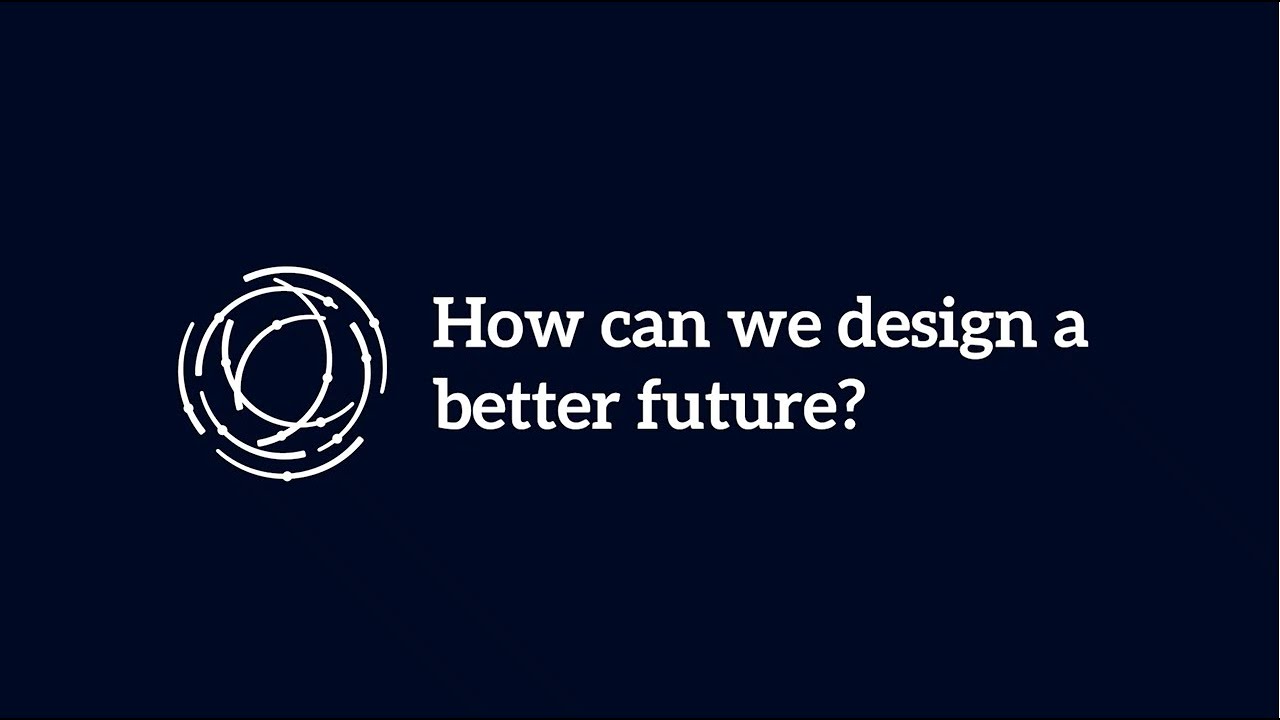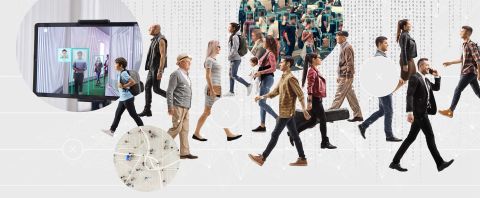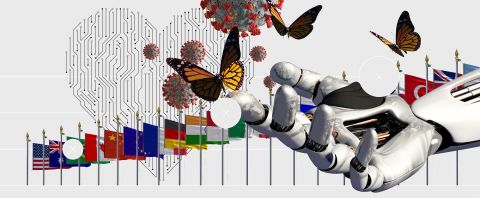Associated Sub-Fields:


However, this connectedness also makes our world vulnerable to extreme events in ways that are hard to imagine and even more difficult to avoid. Examples of the negative consequences of networked society include the 2008 global financial crisis, the ongoing climate crisis and the COVID crisis. In each case, the disaster unfolded over a range of interconnected networks with powerful but difficult-to-predict feedback patterns.
The science of complex systems can help here. This discipline seeks to characterise, understand and ultimately manage systems with emergent, self-organised behaviour that cannot be characterised as the sum of their parts. Human society falls squarely into this category, giving this science the potential to help understand and improve it. In particular, the science of complex systems can help us build our future by alternative scenarios and opportunities, while putting humans, their values and a democratic, participatory-governance approach in the centre. It should also allow us to embrace desirable emergent behaviour such as coordination, cooperation, co-evolution, collective intelligence and truth.
KEY TAKEAWAYS
The complexity of human society in the 21st century poses a challenge for those trying to plan and direct its evolution to ensure positive individual and societal experiences. They do, however, have a number of tools at their disposal, one of which is the discipline of Computational social science. This examines and models the multifold relationships at work within society, enabling research to develop better theories and understanding. The complexities of democratic societies are deepened with moves toward Digital democracy, where organisations, individuals and governments make use of digital tools. This requires new insights into issues such as how digital participation can be maximised, and how security of democratic processes can be established and maintained. Our deepening understanding of the roots of Collaborative behaviour can help here, providing insights from computer models and real-world experiments that will encourage healthy collective behaviour. Another key movement is Design for values, which finds ways to create desirable individual and social experiences, and sustainable, affirming social environments.
Anticipatory Impact:
Three fundamental questions guide GESDA’s mission and drive its work: Who are we, as humans? How can we all live together? How can we ensure the well-being of humankind and the sustainable future of our planet? We asked researchers from the field to anticipate what impact future breakthroughs could have on each of these dimensions. This wheel summarises their opinions when considering each of these questions, with a higher score indicating high anticipated impact, and vice versa.
- Anticipated impact on who we are as humans
- Anticipated impact on how we will all live together
- Anticipated impact on the well-being of humankind and sustainable future of our planet







